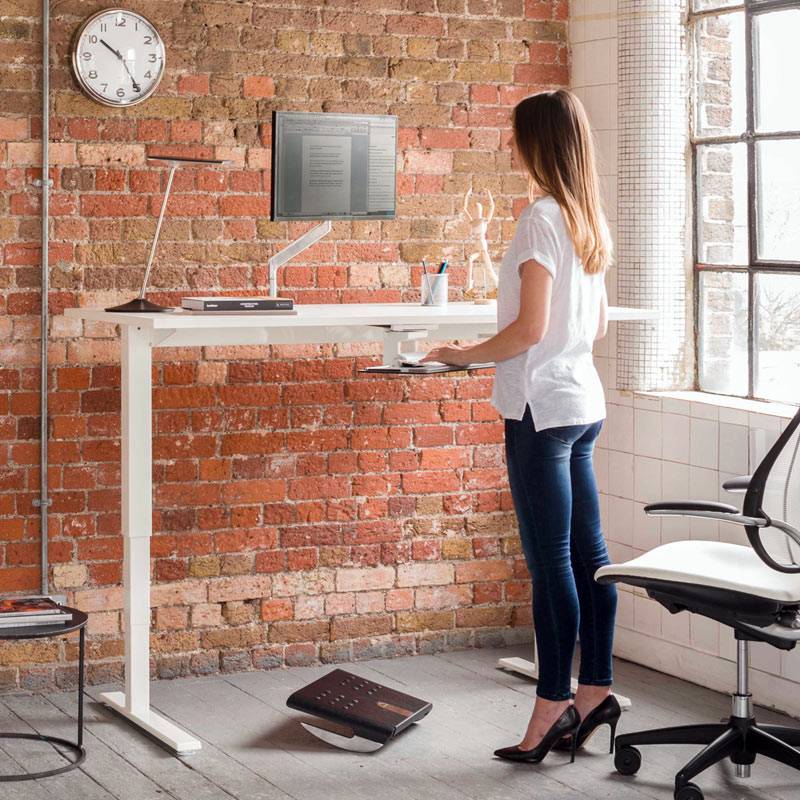To provide the best experiences, we use technologies like cookies to store and/or access device information. Consenting to these technologies will allow us to process data such as browsing behaviour or unique IDs on this site. Not consenting or withdrawing consent, may adversely affect certain features and functions.
The technical storage or access is strictly necessary for the legitimate purpose of enabling the use of a specific service explicitly requested by the subscriber or user, or for the sole purpose of carrying out the transmission of a communication over an electronic communications network.
The technical storage or access is necessary for the legitimate purpose of storing preferences that are not requested by the subscriber or user.
The technical storage or access that is used exclusively for statistical purposes.
The technical storage or access that is used exclusively for anonymous statistical purposes. Without a subpoena, voluntary compliance on the part of your Internet Service Provider, or additional records from a third party, information stored or retrieved for this purpose alone cannot usually be used to identify you.
The technical storage or access is required to create user profiles to send advertising, or to track the user on a website or across several websites for similar marketing purposes.
 More than 40 percent of workers have a hidden health issue they’ve never disclosed to their employers, with younger employees the most likely to withhold information from their bosses, according to new research. A survey of 1,000 employees, carried out by healthcare provider Benenden Health, revealed 63 percent of respondents aged 23 or under and 60 percent of 24-38-year-olds surveyed haven’t told their employers about a health issue. This is compared to 35 percent of respondents aged 39-54 and 18 percent of those aged 55 or over. (more…)
More than 40 percent of workers have a hidden health issue they’ve never disclosed to their employers, with younger employees the most likely to withhold information from their bosses, according to new research. A survey of 1,000 employees, carried out by healthcare provider Benenden Health, revealed 63 percent of respondents aged 23 or under and 60 percent of 24-38-year-olds surveyed haven’t told their employers about a health issue. This is compared to 35 percent of respondents aged 39-54 and 18 percent of those aged 55 or over. (more…)















 New research from AXA PPP healthcare claims that eight out of ten (82 percent) SME business leaders don’t have a health and wellbeing strategy in place. The same research found two-thirds (24 percent) report experiencing job-related stress or anxiety and just 15 per cent believe their company provides a culture which supports their mental health. The research also claims nearly half (46 percent) of employees working in small and medium sized businesses continue working when they’re feeling unwell and less than a quarter (24 percent) see a GP because they worry about taking time off work. One-fifth (18 percent) feel guilty for taking time away from their desk for lunch and more than a quarter (27 percent) send and receive emails outside of work hours.
New research from AXA PPP healthcare claims that eight out of ten (82 percent) SME business leaders don’t have a health and wellbeing strategy in place. The same research found two-thirds (24 percent) report experiencing job-related stress or anxiety and just 15 per cent believe their company provides a culture which supports their mental health. The research also claims nearly half (46 percent) of employees working in small and medium sized businesses continue working when they’re feeling unwell and less than a quarter (24 percent) see a GP because they worry about taking time off work. One-fifth (18 percent) feel guilty for taking time away from their desk for lunch and more than a quarter (27 percent) send and receive emails outside of work hours.
 Research commissioned to mark today’s World Environment Day claims employees expect their employers to commit to better environmental policies and sustainability, with three quarters of office workers (73 percent) wanting their workplace to improve its sustainability policy, and nearly a quarter (24 percent) claiming they would refuse a job at an organisation with a poor sustainability record.
Research commissioned to mark today’s World Environment Day claims employees expect their employers to commit to better environmental policies and sustainability, with three quarters of office workers (73 percent) wanting their workplace to improve its sustainability policy, and nearly a quarter (24 percent) claiming they would refuse a job at an organisation with a poor sustainability record.
 Not-for-profit, wellbeing provider Westfield Health has launched an online initiative to support workplace health and wellbeing which will educate employers across the UK on how they can make a positive difference within their organisation. With over half (54 percent) of businesses reporting that they don’t have any measures in place to support the health and wellbeing of their staff,
Not-for-profit, wellbeing provider Westfield Health has launched an online initiative to support workplace health and wellbeing which will educate employers across the UK on how they can make a positive difference within their organisation. With over half (54 percent) of businesses reporting that they don’t have any measures in place to support the health and wellbeing of their staff, 






 More than three quarters (79 percent) of UK workers admit to forcing themselves to go in to work despite feeling ill, two thirds (66 percent) still go to work when suffering from a cold or flu and over a fifth (22 percent) when suffering from stress, or an emotional crisis. Perhaps this is due to two fifths (40 percent) feeling their boss did not believe they were genuinely ill when they have previously taken a sick day. For those who are brave enough to bite the bullet and call in unwell, more than two thirds (67 percent) said they feel guilty for taking time off work due to illness, or health related issues. This could explain why so many are reluctant to speak to their employer about their health and wellbeing. Nearly a third (30 percent) admitted they are too scared to talk to their boss about needing time off for a health-related issue, whilst almost three quarters (72 percent) say there are times their current employer does not do enough to look after their physical and mental wellbeing.
More than three quarters (79 percent) of UK workers admit to forcing themselves to go in to work despite feeling ill, two thirds (66 percent) still go to work when suffering from a cold or flu and over a fifth (22 percent) when suffering from stress, or an emotional crisis. Perhaps this is due to two fifths (40 percent) feeling their boss did not believe they were genuinely ill when they have previously taken a sick day. For those who are brave enough to bite the bullet and call in unwell, more than two thirds (67 percent) said they feel guilty for taking time off work due to illness, or health related issues. This could explain why so many are reluctant to speak to their employer about their health and wellbeing. Nearly a third (30 percent) admitted they are too scared to talk to their boss about needing time off for a health-related issue, whilst almost three quarters (72 percent) say there are times their current employer does not do enough to look after their physical and mental wellbeing. 







